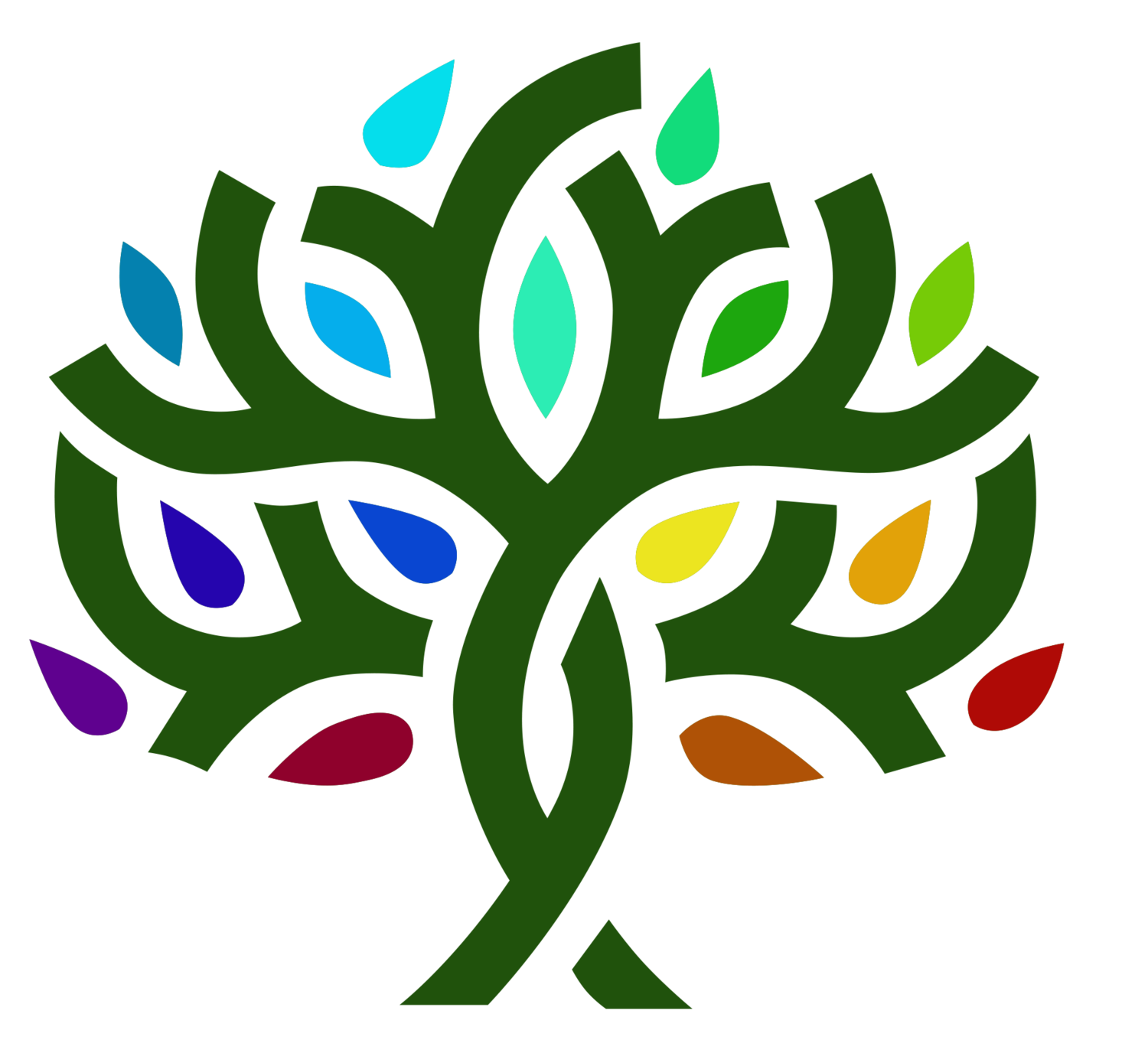We know the Scripture tells us "For it is by grace you have been saved, through faith - and this not from yourselves, it is the gift of God ..." (Ephesians 2:8).
Seems to me there is a lot riding on this thing called faith so we need to ask the question - "what is it?" Most people, mainly Christians, think faith has to do with certainty. As such faith then is the opposite of doubt. In this perspective, faith is thought to be strong if there is no doubt. Invariably then people try to avoid doubt at all costs.
In his book Benefit of the Doubt Greg Boyd shows this approach to faith will cause a cognitive dissonance.
"My experience as a pastor and professor has taught me that when people assume faith and doubt are incompatible, they invariably try to avoid the latter. Indeed, when faith is equated with psychological certainty, the experience of cognitive dissonance—an experience that is the precondition for almost all learning—easily gets interpreted as something that is evil and therefore is to be avoided at all costs. For obvious reasons, those who are afflicted with this unfortunate model of faith understandably find it hard, if not impossible, to honestly acknowledge, let alone feel the full force of, the merits of perspectives that challenge their belief system. They rather quickly embrace whatever “solutions” that are available to them, not because these perspectives adequately address the challenges, but simply because they are then enabled to enjoy the certainty that their views are correct."
Certainty is a poor substitute for authentic faith. But it’s popular because it’s easy. No wrestling with doubt. Just find a system you like and settle into certainty. Certitude is easy…until it’s impossible.
In another book I highly recommend, The Sin of Certainty by Peter Enns he states the following consequences.
"Certainty leads to a preoccupation with correct thinking, making sure familiar beliefs are defended and supported at all costs. … It reduces the life of faith to sentry duty, a 24/7 task of pacing the ramparts and scanning the horizon to fend off incorrect thinking, in ourselves and others. … A faith like that is stressful and tedious to maintain. Moving toward different ways of thinking, even just trying it on for a while to see how it fits, is perceived as a compromise to faith, or as giving up on faith altogether. But nothing could be further from the truth. Aligning faith in God and certainty about what we believe and needing to be right in order to maintain a healthy faith — these do not make for a healthy faith in God. In a nutshell, this is the problem. And that is what I mean by the ‘sin of certainty.’ … When we grab hold of ‘correct’ thinking for dear life, when we refuse to let go because we think that doing so means letting go of God, when we dig in our heels and stay firmly planted even when we sense that we need to let go and move on, at that point we are trusting our thoughts rather than God. We have turned away from God’s invitation to trust in order to cling to an idol.” –The Sin of Certainty, pp. 18, 19
So what is faith? It is not about striving for certainty. Hebrews 11:1 literally reads "it is the substantiating of things hoped for and conviction of things not seen". Faith is not so much about what we believe but about whom we trust. That we true of every person listed in Hebrews 11.
Once again Greg Boyd hits the nail on the head.
"Faith is not about striving for certainty. It’s about striving to remain faithful in the midst of uncertainty. We exercise this faith by imaginatively embracing God’s promises as a substantial reality (hypostasis) that in turn creates a conviction (elegchos) that it will be so, which motivates us to act in ways that we hope will bring what we imaginatively envision into reality."
Faith is about the trust needed to keep striving. It is a journey of trust over and over again.
Rabbi David Wolpe says in his book Why Faith Matters:
"I was a new rabbinical student and in my reading, had come across the phrase 'noch einmal.' I approached Dr. Slomovic, knowing he spoke several languages, and introducing myself, asked him what 'noch einmal' meant. 'Once again,' he answered.
Well, he was old, and probably hard of hearing. So I repeated, a little louder, 'what does noch einmal mean?' 'Once again'.
Poor man, I thought, must be difficult on him to make people repeat themselves all the time. 'WHAT DOES NOCH EINMAL MEAN?' I screamed. He looked at me with compassion, and placing his hand on my cheek, said, 'Noch einmal' means 'once again'. p. 19.
Faith is feeling the hand of God touch our cheek and gently say "once again".
NOCH EINMAL.
Larry Pozza

